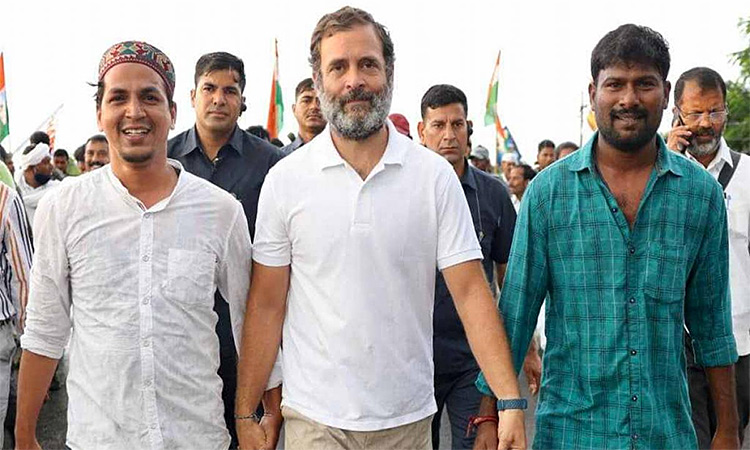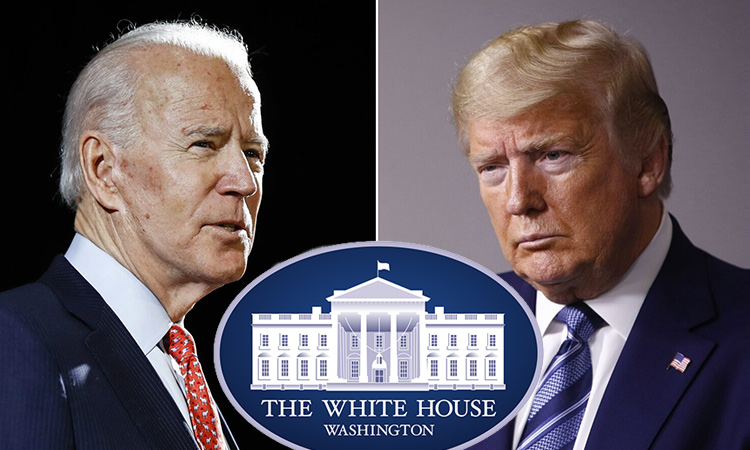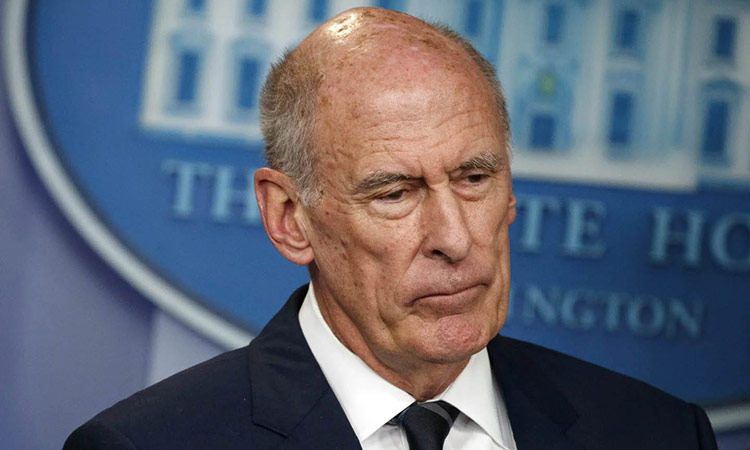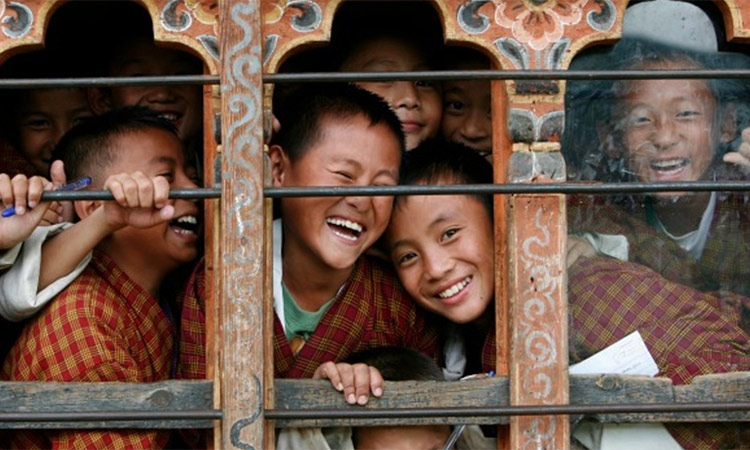Congress misses chance to rebuild party
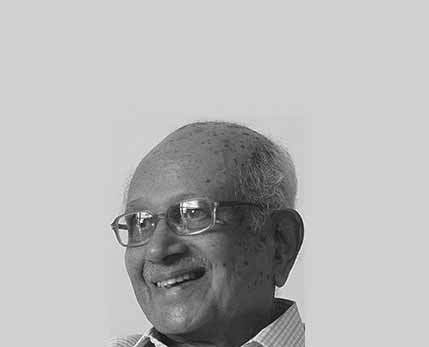
BRP Bhaskar
@brpbhaskarIndian journalist with over 50 years of newspaper, news agency and television experience.
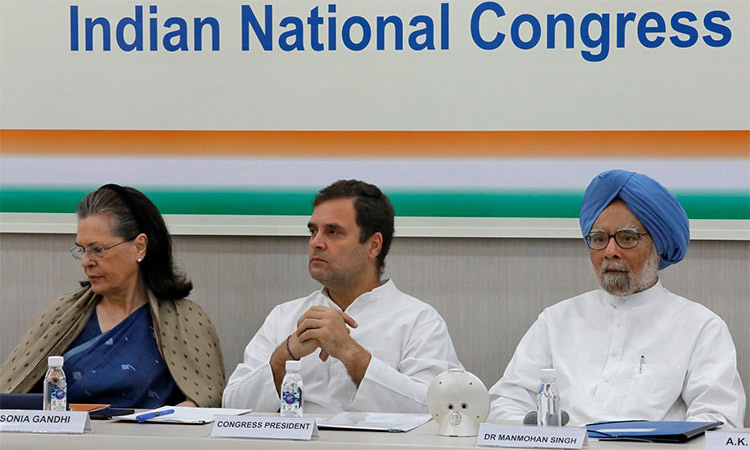
The Congress party’s influence has shrunk considerably in recent years.
BJP President J.P. Nadda last week instructed all the party’s members of parliament (MPs) to organise celebrations to mark eight years of Modi’s rule. This was, in fact, the informal launch of the party’s campaign for the 2024 Lok Sabha elections.
The Congress party’s influence has shrunk considerably in recent years. Yet it is still the second largest national party. However, it is not able to pull its weight on the national stage because of inherent weaknesses at all levels of its organisation. Its inability to play its legitimate part appears to have led ambitious one-state leaders to imagine they can take its place, singly or collectively.
Earlier this month, the Congress held what it called a brainstorming session at Udaipur in Rajasthan to consider steps to put new life into the organisation and improve its prospects. Apart from members of the Working Committee, the party’s highest policy-making body, several other leaders, including some who recently criticised the Nehru-Gandhi family, were invited to the meet.
It was at a similar meet, held at Jaipur nine years ago, that party President Sonia Gandhi’s son, Rahul, was named Vice-President, making him her prospective successor. Just before the 2019 Lok Sabha election, Sonia handed over the leadership to him. After the election, Rahul stepped down, owning responsibility for the party’s poor performance, and the top post went back to Sonia.
It is said that Rahul Gandhi wants to be an elected President, and not one nominated by his mother. At the same time, without holding any position in the organisation, he has been willing to sit with his mother, who is the Congress President, and sister, Priyanka Vadra, who is a General Secretary, and take decisions on party matters.
A time-table was prepared for holding organisational elections from the bottom upwards. If it was followed, the election of a party president should have taken place by August. But the process is moving so slowly that the party is unlikely to have a duly elected president before the 2024 poll.
Speaking at the Udaipur meet, Rahul Gandhi said the exercise was aimed at “transforming the nature of the party, not in terms of its thinking or ideology but in the way it works”. The Working Committee decided on certain steps to strengthen the organisation and make it ready for elections. It adopted a “50 below 50” formula, which means half the members of all bodies from the Working Committee downwards must be below the age of 50 years.
Other major decisions include a five-year limit on the term of all party office bearers and limiting election tickets to one member of a family. Given the proliferation of minor dynasties at various levels and the party’s traditions, enforcement of these decisions may prove extremely difficult.
The Working Committee set up three new departments, ostensibly to evaluate performance and fix responsibility for matters such as election management. Far from helping to improve the working of the organisation, these departments may evolve into a bureaucracy that will weigh it down.
It was also decided to set up a national institute to train members of the younger generation and prepare them to occupy key positions and handle big responsibilities. A leadership development mission to raise leaders from the weaker sections of society was also contemplated.
What has come out of the brain-storming session will certainly disappoint those who believe that the Congress can still play a role at the national level.
Speedy completion of organisational elections is the surest way to bring up a new generation of leaders who command the support of the party’s rank and file, and is not dependent solely on the patronage of the Gandhi family. The party needs a crop of young leaders, not loyal retainers.
By dwelling on peripheral matters, without addressing the crucial issue of transforming the Congress into a democratic organisation, the chosen few who put their heads together missed the opportunity to make the grand old party a fit instrument to lead the country at the present time.
